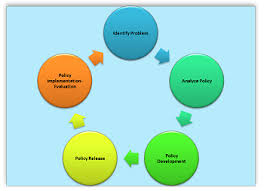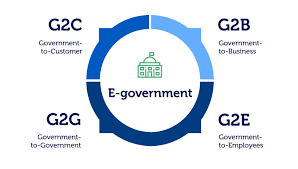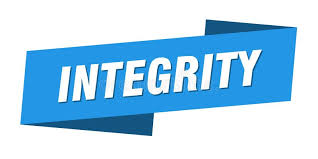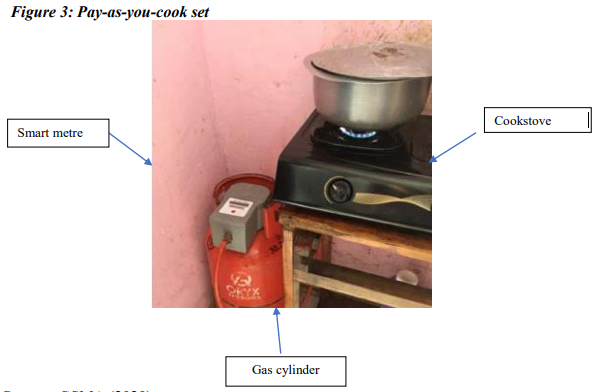Are Political Reforms Misleading? The Influence of Political Reform Actors’ in Developing Political Leadership in Tanzania’s Higher Education Institutions
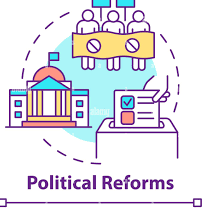
Downloads
While explanations for the development of political leadership among youth at the national level have been studied extensively, few researchers have analysed the influence of identified actors of political reforms such as political parties and nationally owned Higher Education Institutions (HEIs) on developing student leadership in campuses. Specifically, the article unfolds the question on what did Tanzanian youth learn and adopt from the outcomes of the political reforms trickled down to the Higher Education Institutions (HEIs) by various actors in an era of democratic transition, and how has it shaped and directed students leadership skills and innovations for national development. The article is a result of a 2015 study that utilized both qualitative and quantitative data from three Tanzania’s universities in a cross-sectional sample size consisting of 357,study participants. However, at the end of my field survey, a total of 278 respondents were valid for analysis. The remaining 79 were rejected as ‘spoilt’ for various reasons. The study finds that universities in this era have played very little role in mentoring students on leadership values and ethos. Implicitly, students have in turn placed their trust on politicians rather than the academic community, and have ipso facto, become vehicles of the political contestations of national politics which often times are violent in character. The article ends by commending a policy need to restructure and redefine the roles of the University and Political Parties in the development of young leaders for the African continent.






